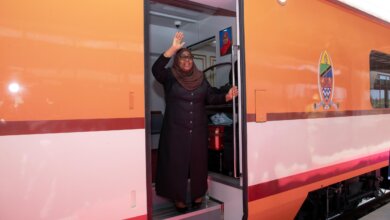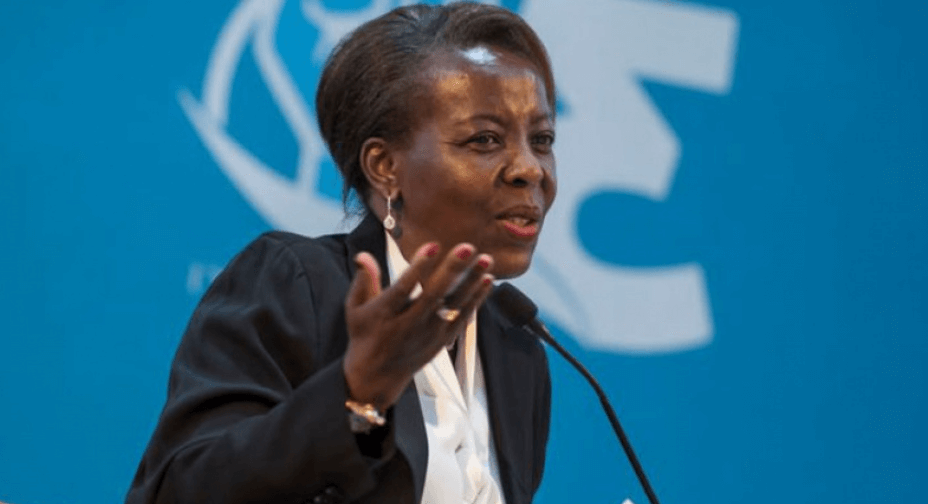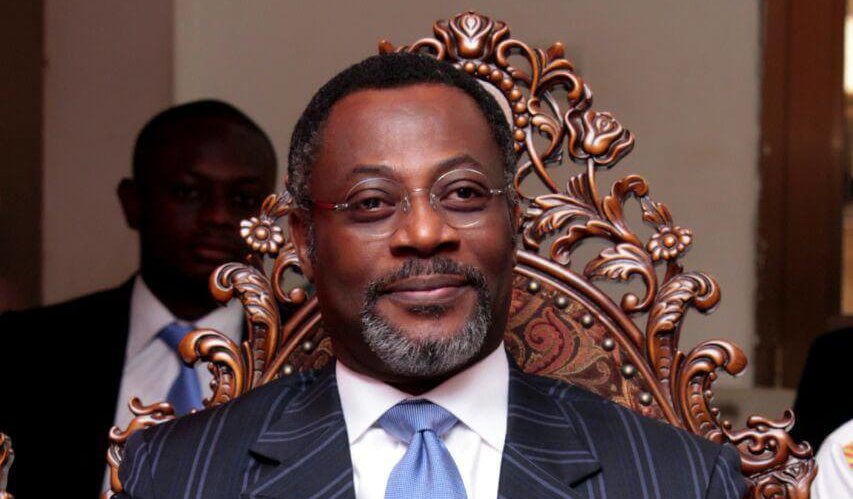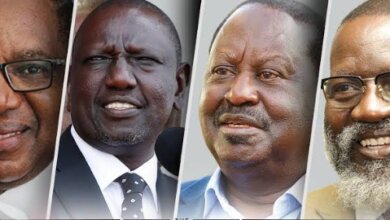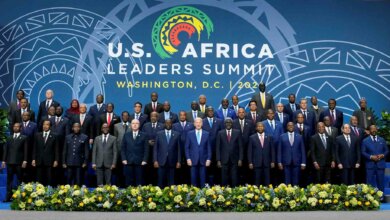Obama’s strategy towards Africa
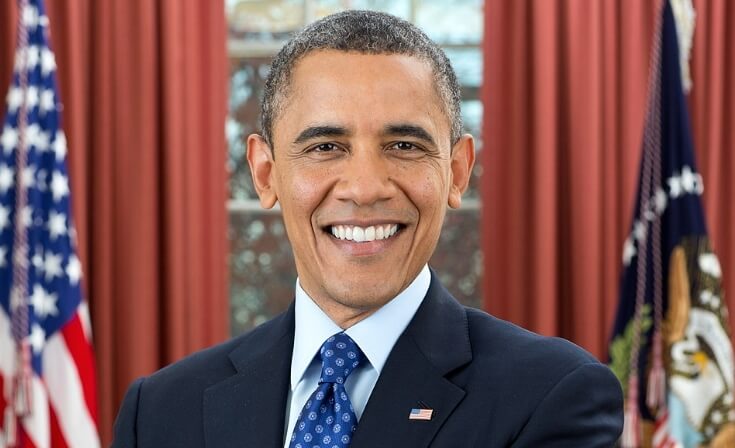
The projection that African population will double by 2050, has increased the importance of the continent. The growing competition due to the interests of China, India and the other powers in energy and mineral resources, is wanted to be controlled by the USA.
The United States is trying to improve the relations with the key countries, with whom cooperation may be built in the future, on the purpose of achievement of its security initiatives toward Africa.
US President Barack Obama paid visits to Kenya and Ethiopia from July 25- 28, 2015. These visits is recorded as Obama’s third African visit since taking the office. Before 2009, Obama had visited first Ghana and then Senegal, South African Republic and Tanzania.
The noteworthy issue of his Kenya visit was basically its attendance to the works of ‘’International Initiative Summit’’ for 2015. Besides, visiting the African Union’s headquarter in Addis Ababa, Obama met with the some senior representatives from Ethiopia so as to address the current issues and the future problems of Africa.
Well, What is Obama’s Strategy toward Africa and the significance of his last visit that took place after the U.S.-Africa Leaders Summit held in Washington D.C. in August 2014 then ?
The Principles of Obama’s Strategy towards Africa
Obama has paid great attention to Africa since coming into office. He, indeed, has taken several steps in addition to the ones taken by the former presidents. In fact, it is possible to read Obama’s policy towards Africa by basing it on three reference documents. First of them, is his speech delivered in Parliament of Ghana on July 11, 2009, the second one is ‘National Security Strategy’ released in 2010. Third one is a document entitled ‘U.S. Strategy Toward Sub-Saharan Africa’ released in June 2012. It is deduced from these documents that Obama administration identified four main principles regarding the relations with Africa.
(i) Strengthening Democratic Institutions
In his speech in Ghana, Obama said ‘Africa doesn’t need strong men, it needs strong institutions’. Moreover, Obama used the term ‘supporting sustainable, strong and democratic governments’ in his speech and explained this as democratization process does not mean only holding elections. Because according to his statement, ‘No country is going to create wealth if its leaders exploit the economy to enrich themselves, or police can be bought off by drug traffickers’. Accordingly, Obama’s words implies that African countries’ commitment to democracy can be assessed not only with operation of the election mechanism. Rather it can be evaluated with the extent of the adhesion to the principles such as accountability, transparency, institutionalization, free civil society, free press. After all, this was exactly indicated in the document entitled ‘U.S. Strategy Toward Sub-Saharan Africa’.
(ii) Spurring Economic Growth, Trade, and Investments
U.S. National Security Strategy also points out to Africa’s role in the future of the global economy. Some countries on the continent have experienced a dramatic increase in the growth rate over the last twenty years. From this point of view, Obama administration tries to benefit from the ongoing economic transformation in Africa at the levels of trade and investments. Obama administration is encouraging American private sector in that direction and supporting medium and long term investments towards sustainable energy sector as well as agricultural sector related to the food security in Africa. Washington associates its aids and investments in Africa to the transparency steps in public sector.
At the same time, Obama’s strategy is based on integration of regional economic framework in Africa. In this regard, Obama administration encourages American companies to trade with Africa. White House covenanted to begin working with the Congress in order to incorporate incentives in addition to ‘African Growth and Opportunity Act’ for the purpose of providing wider space for African products in U.S. market.
(iii) Consolidation of Peace and Security
The US documents confirms that the fight against al- Qaeda and the other terrorist groups will be maintained. The US administration also focuses on working so as to encourage regional security cooperation by means of reinforcement of Africa’s military capabilities and reform programs regarding security sector.
Alongside terrorism, one of the other issues concerned by America is cross-border threats in Africa. Illicit activities such as smuggling of arms, drugs and consumer goods, poaching, and piracy are in this scope. Obama administration assured that it would support UN Peacekeeping Forces in Africa and work for African countries to act in a manner of stability protection policies.
(iv) Supporting African Growth and Opportunities
In this respect, Obama administration selects three main initiatives as the baseline: ’Global Health Initiative’, ‘Future of Food Initiative’, and ‘Global Climate Change Initiative’. Thanks to these initiatives, Washington is striving for encouraging reforms in public health sector in Africa through programs concerning AIDS, malaria, and reproductive health. In the context of supporting growth, the aid programs towards Africa is concentrated on promoting the participation of youth and women in the economic and political transformation process in Africa.
Obama Administration, Democratization, and Institutions in Africa
When we look at the 2016 US Department of State budget documents, what is seen is assistance programs for African countries is divided four category in terms of institutional structure and democratic life: (1) U.S. governance aims to contribute to the reconstruction of the government institutions after conflicts and to support the non-governmental organization as part of the specific programs toward countries with fragile character in post-conflict period. In this regard, Washington concentrates on Mali and Republic of cote d’ivoire as well as Liberia, Republic of South Sudan and Democratic Republic of the Congo. (2) Washington advocates non-governmental organizations rather than authoritarian and semi-authoritarian governments. Basically, Sudan and Zimbabwe are in this category. (3) When it comes to the countries which have both democratic and authoritarian components just as Rwanda and Uganda does, Washington is trying to support accountability and control programs for government institutions. (4) Allocation of U.S. assistance for the countries who aspires democratization such as Ghana, Kenya, Nigeria, Senegal, and Tanzania, seeks to supporting governmental institutions and increasing their capacity.
It is noteworthy that the President of International Foundation for Electoral Systems-IFES, William Bill Sweeny pointed out the significance of the successful completion of the election period in Nigeria, which was formerly postponed due to the security problems caused by Boko Haram , in a speech delivered in a Congress session themed ‘American Support for the Elections in Africa’ on March 18, 2015. As a result of the growing concern regarding rigging elections, Secretary of State John Kerry had exerted pressure on the authorities for a fair election by visiting the country shortly-before the elections in coordination with the UK which has a great interests in the country.
These pressures have bared fruit and President Muhammed Buhari thanked to Washington after winning the election held on May 28, 2015. Washington shows interests in some particular West African countries in order to enhance the relations within the context of supporting some positive political changes experienced by some African nations. We can remind that President Obama hosted the presidents of Benin, Guinea, Niger, and Cote d’ivoire within this framework.
U.S. Security Concern for Africa
When the security policy of Obama administration towards sub-Saharan Africa is scrutinized, some basic aspects of this approach is seen. It is observed that the United States has given weight to supporting UN peacekeeping operations in Liberia and Cote d’ivoire in Western Africa. It is remarkable that Washington doubled the subsidy that allocated to these countries. US$ 67.034 million aid that was given to Liberia in 2014, increased to US$120.880 million in 2015 and US$111 million for 2016 is estimated. As for Cote d’ivoire , sorting is as follows; US$77.436 million in 2014, US$145 million in 2015, and US$132,670 million in 2016.
In coastal and Saharan regions, Washington is rather giving primacy to Mali. In this context, Peacekeeping forces were assisted with approximately US$319 million in 2014. It means that Mali is the second biggest continent-wide aid receiver coming after Democratic Republic of the Congo. Figures that exceeded US$ 290million in 2015 is anticipated to reach US$266 million in 2016.
In terms of U.S. security concerns, third axis is East Africa, and Somali Peninsula, in particular, is acknowledged as the center of security threats resulting from radical al-Shabab. Washington is assisting African Union forces based on Somalia and training national forces participating African mission that includes Uganda, Burundi, Kenya, and Ethiopia.
As a considerable point, the USA will provide African forces in Somalia with direct financial assistance by allocating directly US$165 million in 2016 budget for the first time. In May 2014, the lease on Lemonnier Camp placed in Djibouti was renewed in the context of American growing interest towards Eastern Africa.
Stability in Central Africa constitutes the forth axis of security concerns in Africa. Civil War in South Sudan and crisis in Central African Republic have gained importance in recent years. On February 26, 2014 a special session was held in U.S. Congress and worsening in the political and security condition in South Sudan was evaluated. During the session, Donald Booth, the U.S. special representative to Sudan and South Sudan, indicated the necessity of consolidation of the civil peace and relations between two countries. In this regard, Washington participated in negotiations respecting crisis in this region pioneered by IGAD . During Obama’s recent visit to Kenya and Ethiopia, issue of South Sudan was addressed by both leaders.
Indeed, the U.S. growing interest in Africa is related to long-term strategies and its status in international arena. As stated by commander of AFRICOM, General David M. Rodriguez, doubling of the population in the continent will double the prominence of it. Besides, Chinese and Indian growing interest in African energy and mineral resources impedes the staidly integration of the US into the African issues. General Rodriguez describes the American policy with integration, programs, trainings, and operations in military context and at security level.
In this context, Obama embarked on a new security initiative during the first American-African Leader Summit held in Washington in August, 2014. First of it is ‘Security Governance Initiative’ from which six countries (Ghana, Kenya, Mali, Niger, Nigeria, and Tunisia) will benefit in the beginning. The objective of this initiative is fighting against groups such as Boko Haram, al-Shabab, al- Qaeda. Second one is ‘African Peacekeeping Rapid Response Partnership’. For this initiative annual US$110 million for three years is allocated. America endeavors to improve relations with key countries which have potential for further cooperation with a view to succeeding security initiatives toward Africa. National Security Strategy Report that released in 2010 addressed the role of the Washington- Kenya and Nigeria relations in the future.
In short, Washington, has exponentially grown its interests in African continent immediately after the end of Cold War. It has intervened in some crises directly and militarily as experienced in Somalia during George H. W. Bush Presidency . Clinton administration tried to participate in management of some crisis through negotiations in quest of economic opportunities. During George W. Bush period, Washington institutionalized relationship with Africa as seen in the example of AFRICOM. Obama administration has strived to control the competition with China and other powers who are interested in resources of continent and to prepare Africa for the future demographic, economic, and political transformation as well.
Source: Fouad Farhaoui
Oral Ofori is Founder and Publisher at www.TheAfricanDream.net, a digital storyteller and producer, and also an information and research consultant.

